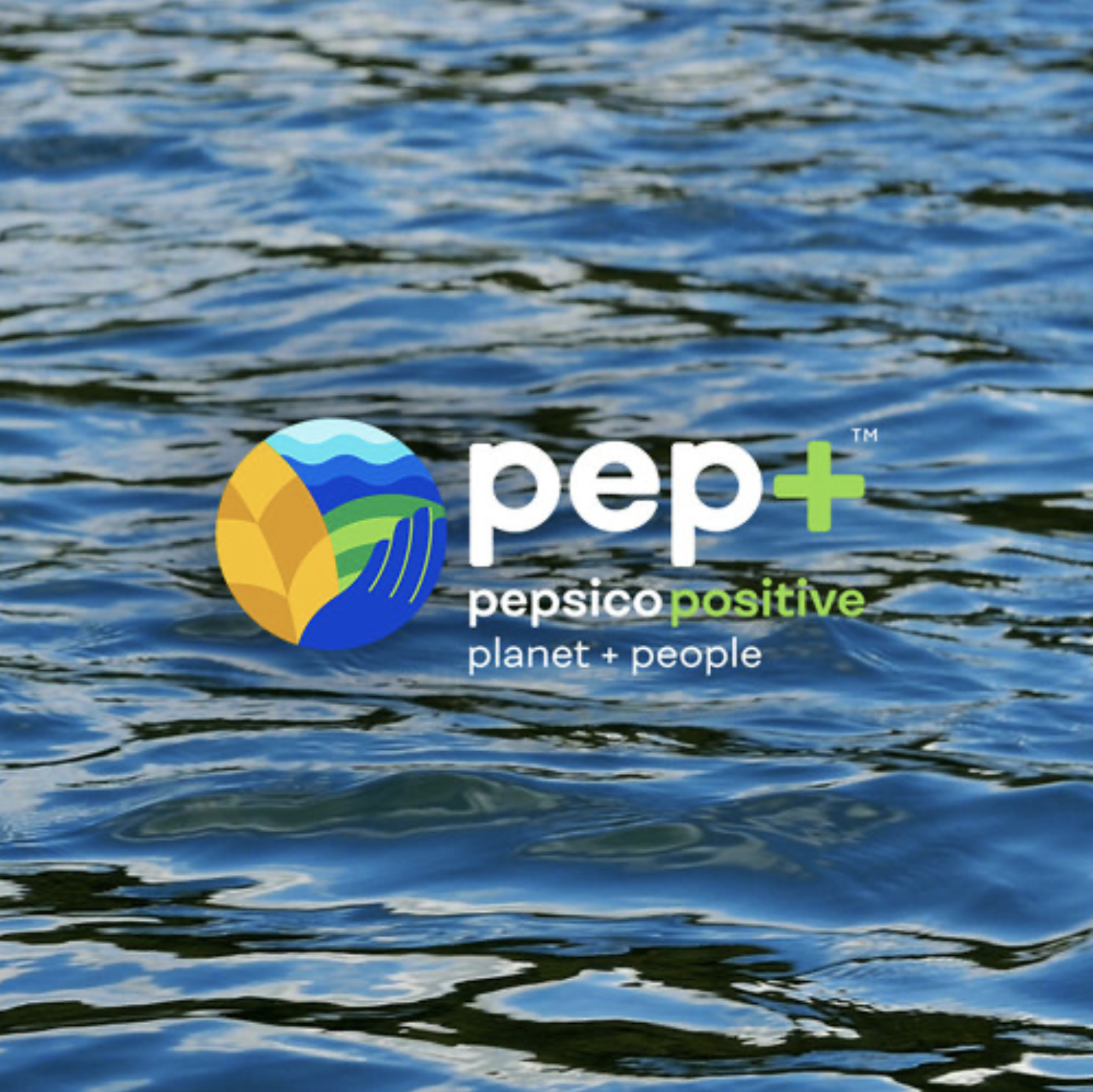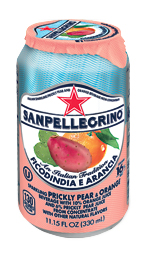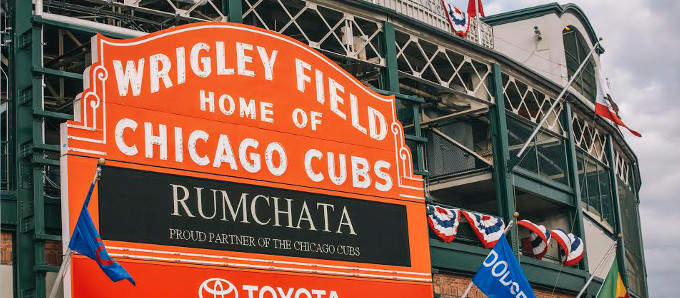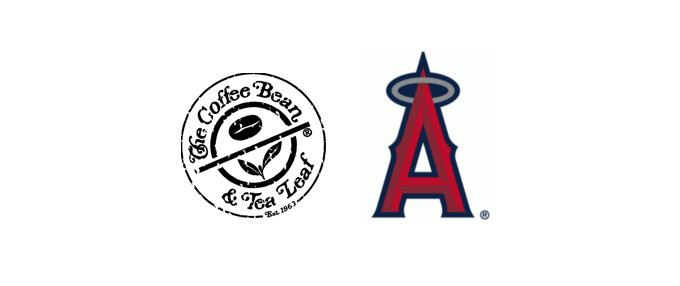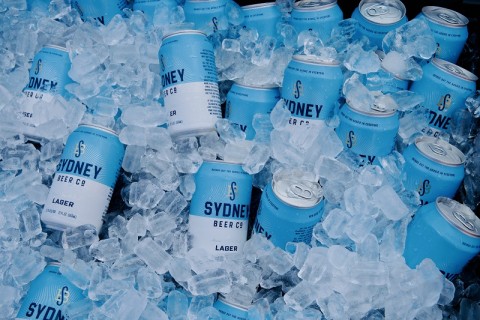Company launched more than a dozen new water projects in the past six months
Today, March 22, 2022, as part of its pep+ (PepsiCo Positive) transformation, PepsiCo, Inc. announced several new innovations, investments and partnerships to progress against its ambition to be Net Water Positive by 2030, aiming to replenish more water than the company uses. This includes developing a new technology to recover more than 50% of the water used in its potato chip manufacturing, investing nearly $2 million for the Colorado River Basin, extending safe water access to 8 million more people in 2021, and signing a new partnership to scale a groundbreaking drip irrigation technology across 10,000 hectares (25,000 acres) by 2025.
“PepsiCo has just nine years to reach our ambitious 2030 Net Water Positive goals, so there is no time to waste,” said Jim Andrew, Chief Sustainability Officer at PepsiCo. “We’re taking a look at our full value chain, from top to bottom, and asking, how can we leverage the innovation and creativity that exists within our company to ensure that the water resources PepsiCo uses are better off a decade from now than they are today?”
Since the company’s “Net Water Positive” announcement in August 2021, more than a dozen new programs have been created to advance the company’s water-use efficiency, replenishment, and safe water access efforts.
New Technology Recovers More Than 50 Percent of Water Used in Potato Chip Manufacturing
PepsiCo’s Global Research & Development team has successfully proven a groundbreaking method for condensing and treating the steam evaporated from its fryers to recover more than 50% of the water used in potato chip manufacturing lines. The energy recovered from the condensation can also be used for other manufacturing purposes, such as cooling part of the plant or converting it to electricity, reducing the plant’s energy needs.
PepsiCo has fully implemented this technology at its facility in Kolkata, India, where the proof-of-concept showed the approach could save ~60 million liters of water a year. Over the next seven years, the technology is expected to be adopted at nearly 30 potato chip manufacturing plants in high-water-risk areas.
Nearly $2 Million in Investments for the Colorado River Basin
The American West, and the Colorado River Basin in particular, is now among the world’s most water-stressed regions. To help advance its Net Water Positive goals in this critical watershed, PepsiCo has invested nearly $2 million in two innovative partnerships.
PepsiCo’s North American businesses are partnering with the non-profit Trout Unlimited to reestablish connectivity between two segments of the Colorado River that had been blocked by the Windy Gap Reservoir near Denver, Colorado. By constructing a mile-long channel to bypass the Windy Gap Reservoir, the initiative is expected to restore perennial flows throughout the river, create 18 acres of new wetlands, restore 50 acres of riverside habitat, and replenish approximately 380 million gallons of water per year.
PepsiCo is also making a founding investment in the Colorado River Basin Fund, a $5 million “future of water” venture capital fund focused on incubating technology solutions to address water scarcity in this critical watershed. The fund will invest in startups addressing water scarcity, quality and equitable access through technologies that help with things like leak detection in smart homes, real time water quantity and quality monitoring in business-dependent watersheds, and next-generation water recycling and alternative sources. This first-mover investment is meant to catalyze the development of new solutions to help improve the health of the watershed.
Expanded Safe Water Access to Additional 8 Million People in 2021
In 2021, the PepsiCo Foundation expanded the reach of its safe water access program by an additional 8 million people. Since the effort began in 2006, the company has helped provide safe water access to approximately 68 million people, with a goal of reaching 100 million by 2030. To continue to advance this goal, the Foundation is granting $1.5 millionover three years to two new water stewardship programs in Latin America and Nigeria.
“For large portions of these regions, access to safely managed water and sanitation services is a major challenge,” said C.D. Glin, Vice President, the PepsiCo Foundation and Global Head of Philanthropy at PepsiCo. “We are focusing our efforts in areas that are absolutely vital to public health, economic development, and climate resiliency.”
Building on a decade-long, successful partnership with the Inter-American Development Bank (IDB)’s Aqua Fund, the Foundation is committing an additional $500,000 to improve water access and sanitation services across the Latin America region, bringing the Foundation’s total investment to over $10 million. In Nigeria, the Foundation is granting $1 million to WaterAid to support the construction of water supply and sanitation facilities and the development of programs to promote good hygiene practices.
Partnered with N-Drip to Scale Unique Drip Irrigation Technology
Around the world, countless farmers use flood or trench irrigation to bring water to their crops, which floods the field at regular intervals, losing up to 70 percent of the water used. A replacement for flood or trench irrigation, Israeli-headquartered N-Drip’s high-efficiency irrigation system is powered by gravity and harnesses the water-saving benefits of high-pressure drip irrigation, but with low energy, operating and maintenance demands—making it more accessible to all types of farmers and nearly all types of crops.
PepsiCo has piloted N-Drip’s technology in India, Vietnam, and the U.S., and saw improved crop yields, reduced fertilizer usage, and 50% less water consumed compared to flood irrigation. Together the companies aim to help farmers adopt the technology across 10,000 hectares (25,000 acres) by 2025.
For more information on PepsiCo’s sustainability agenda, please visit www.pepsico.com/pepsicopositive.
About PepsiCo
PepsiCo products are enjoyed by consumers more than one billion times a day in more than 200 countries and territories around the world. PepsiCo generated more than $79 billion in net revenue in 2021, driven by a complementary beverages and convenient foods portfolio that includes Lay’s, Doritos, Cheetos, Gatorade, Pepsi-Cola, Mountain Dew, Quaker, and SodaStream. PepsiCo’s product portfolio includes a wide range of enjoyable foods and beverages, including many iconic brands that generate more than $1 billion each in estimated annual retail sales.
Guiding PepsiCo is our vision to Be the Global Leader in Beverages and Convenient Foods by Winning with PepsiCo Positive (pep+). pep+ is our strategic end-to-end transformation that puts sustainability at the center of how we will create value and growth by operating within planetary boundaries and inspiring positive change for planet and people. For more information, visit www.pepsico.com.
About the PepsiCo Foundation
Established in 1962, the PepsiCo Foundation, the philanthropic arm of PepsiCo, invests in the essential elements of a sustainable food system with a mission to support thriving communities. Working with non-profits and experts around the globe, we’re focused on helping communities obtain access to food security, safe water and economic opportunity. We strive for tangible impact in the places where we live and work—collaborating with industry peers, local and international organizations, and our employees to affect large-scale change on the issues that matter to us and are of global importance. Learn more at www.pepsico.com/sustainability/philanthropy.
Read Also: Killer Queen: A Tribute to Queen – Food & Beverage Magazine
Cautionary Statement
This release contains statements reflecting our views about our future performance that constitute “forward-looking statements” within the meaning of the Private Securities Litigation Reform Act of 1995. Forward-looking statements are generally identified through the inclusion of words such as “aim,” “anticipate,” “believe,” “drive,” “estimate,” “expect,” “goal,” “intend,” “may,” “plan,” “project,” “strategy,” “target” and “will” or similar statements or variations of such terms and other similar expressions. Forward-looking statements inherently involve risks and uncertainties that could cause actual results to differ materially from those predicted in such statements, including the impact of COVID-19; future demand for PepsiCo’s products; damage to PepsiCo’s reputation or brand image; product recalls or others issues or concerns with respect to product quality and safety; PepsiCo’s ability to compete effectively; water scarcity; changes in the retail landscape or in sales to any key customer; disruption of PepsiCo’s manufacturing operations or supply chain, including increased commodity, packaging, transportation, labor and other input costs; political or social conditions in the markets where PepsiCo’s products are made, manufactured, distributed or sold; future cyber incidents and other disruptions; climate change or measures to address climate change; imposition or proposed imposition of new or increased taxes aimed at PepsiCo’s products; imposition of limitations on the marketing or sale of PepsiCo’s products; changes in laws and regulations related to the use or disposal of plastics or other packaging materials; failure to comply with applicable laws and regulations; and potential liabilities and costs from litigation, claims, legal or regulatory proceedings, inquiries or investigations.. For additional information on these and other factors that could cause PepsiCo’s actual results to materially differ from those set forth herein, please see PepsiCo’s filings with the Securities and Exchange Commission, including its most recent annual report on Form 10-K and subsequent reports on Forms 10-Q and 8-K. Investors are cautioned not to place undue reliance on any such forward-looking statements, which speak only as of the date they are made. PepsiCo undertakes no obligation to update any forward-looking statements, whether as a result of new information, future events or otherwise.



